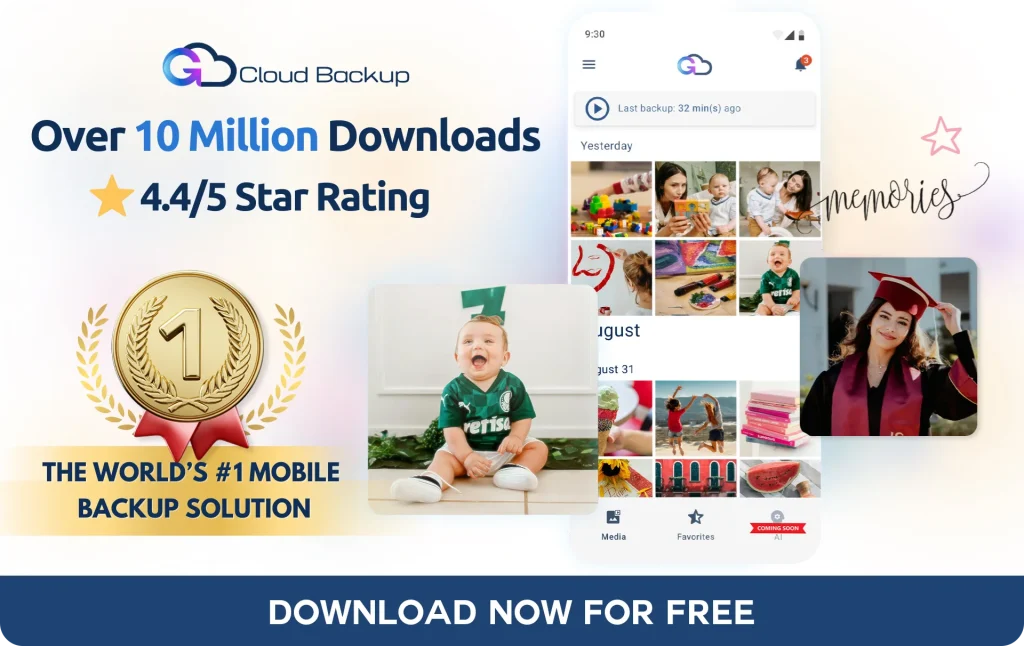Budgeting 101: Managing Your Money Effectively

Managing your money can feel like trying to herd cats—frustrating, seemingly impossible, and often leaving you wondering how you got here in the first place. But fear not! With the right budgeting strategies, you can turn your financial chaos into a well-organized plan that works for you.
What Is a Budget, and Why Do You Need One?
A budget is a financial plan that helps you manage your income and expenses. It’s like a roadmap for your money, guiding you toward your financial goals. Whether you’re saving for a vacation, paying off debt, or just trying to avoid living paycheck to paycheck, a budget is your best friend.
The benefits of budgeting include:
- Financial Control: You know where your money is going.
- Savings Growth: Allocate funds towards savings to build a financial cushion.
- Debt Reduction: Prioritize paying off debts, reducing financial stress.
- Peace of Mind: A clear picture of your finances leads to less anxiety.
Steps to Creating an Effective Budget:
- Calculate Your Income
Start by determining your total income. This includes your salary, any freelance work, side hustles, and other sources of income. If your income fluctuates, use an average from the past few months.
- List Your Expenses
Write down all your expenses, including fixed costs like rent, utilities, and insurance, as well as variable expenses like groceries, entertainment, and dining out. Don’t forget to include irregular expenses like annual subscriptions or car maintenance.
- Set Financial Goals
What are you trying to achieve with your budget? Are you saving for a house, building an emergency fund, or paying off student loans? Clear goals will keep you motivated and on track.
- Track Your Spending
Use tools like spreadsheets, budgeting apps, or good old pen and paper to track your spending. This will help you identify areas where you can cut back and ensure you’re sticking to your budget.
- Adjust Your Budget as Needed
Life happens, and your budget should be flexible enough to accommodate unexpected expenses. Regularly review and adjust your budget to stay on course.
Tips for Sticking to Your Budget:
- Use the 50/30/20 Rule: Allocate 50% of your income to needs, 30% to wants, and 20% to savings and debt repayment. This simple formula can help you balance spending and saving.
- Automate Savings: Set up automatic transfers to your savings account. This way, saving becomes a priority, not an afterthought.
- Limit Credit Card Use: Credit cards can be a slippery slope. Stick to cash or debit for daily purchases to avoid overspending.
- Embrace Minimalism: Reduce unnecessary purchases by focusing on what truly adds value to your life.
- Reward Yourself: Sticking to a budget doesn’t mean deprivation. Set aside a small amount for treating yourself so you don’t feel like you’re missing out.
Budgeting Pitfalls to Avoid:
- Being Too Strict: If your budget is too tight, you’re more likely to abandon it. Allow yourself some wiggle room for unexpected expenses or the occasional splurge.
- Ignoring Small Purchases: Those daily lattes add up! Track all expenses, no matter how small, to get an accurate picture of your spending.
- Failing to Plan for the Future: Your budget should include long-term goals like retirement savings or a down payment on a home.
Using Technology to Stay on Top of Your Budget
Managing your finances in the digital age has never been easier, thanks to a plethora of apps and tools designed to help you budget effectively. Apps like Mint, YNAB (You Need a Budget), and PocketGuard allow you to track your spending, set financial goals, and receive alerts when you’re nearing your budget limits.
In addition to tracking your finances, it’s also important to safeguard the digital documents and records that are crucial to your budgeting process. This is where BigMIND comes into play. BigMIND is a comprehensive backup solution that ensures all your financial data, including spreadsheets, receipts, and important documents, are securely stored in the cloud. By backing up your budget files with BigMIND, you can have peace of mind knowing that your financial information is protected against data loss, accidental deletion, or hardware failures.
Final Thoughts
Budgeting is not a one-size-fits-all solution, but it’s an essential tool for anyone looking to take control of their finances. With a clear plan, realistic goals, and a bit of discipline, you can manage your money effectively and work towards a secure financial future.
Remember, it’s not about how much you make, but how much you keep—and how well you manage it. And don’t forget to back up your financial plans and data with solutions like BigMIND, so you’re always prepared for whatever life throws your way. Happy budgeting!

